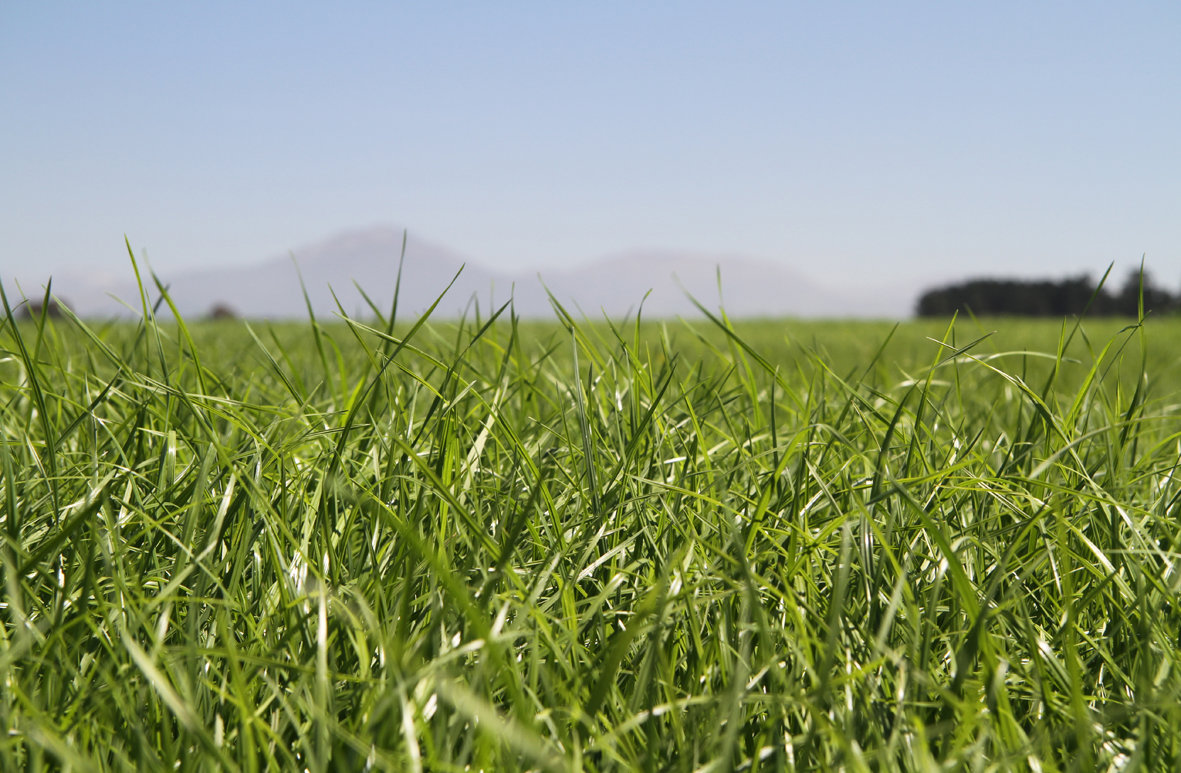Sow the seeds of success
Looking for a top-ranked diploid perennial to keep your pastures performing to their potential level? Look no further than Trojan.
After eight years and more than 250,000 ha, Trojan is one of New Zealand’s most widely planted perennial ryegrasses, and it’s still going strong.
While other cultivars have come and gone, Trojan remains at the top of the performance rankings. With outstanding seasonal performance from winter through summer, it provides extra DM yield from the start of lactation through to Christmas, combined with leafy high quality feed.
That helps generate more home-grown feed, with less need for supplements.
This year Trojan is one of only two diploids to receive a 5 star ranking in the DairyNZ Forage Value Index for the Upper South Island, meaning it provides an extra operating profit of $462-$590/ha over older genetics.
(For comparison, Nui is ranked as a 1 star, meaning in comparison sowing it you will have a loss of $40/ha to a gain of $80/ha).
In the latest FVI rankings for the Lower South Island meantime, there are no diploid ryegrasses in the 5 star ranking.
At 4 stars, Trojan NEA2 gives extra value of $322-$441/ha, again much more profitable than Nui, which ranges from a loss of $37/ha to a gain of $82/ha.
Key features include late heading (+16 days), with a low level of aftermath heading, which improves Trojan’s feed value in late spring and summer.
In trials for the DairyNZ FVI, it showed very high feed quality with an average 12.5 MJME/kg DM through the year.
For something extra, try mixing it with Viscount NEA4, our stand-out tetraploid with extra early spring growth.
Together they create ultimate tetraploid/diploid ryegrass pasture – denser and more robust than a straight tetraploid, with much better palatability than a straight diploid.
The result is easier pasture management. You can run higher pre-grazing covers with this mix, which holds feed quality and palatability due to the Viscount.
Mixing Viscount with Trojan can also raise cow intakes, allowing a reduced stocking rate, with associated environmental benefits.


